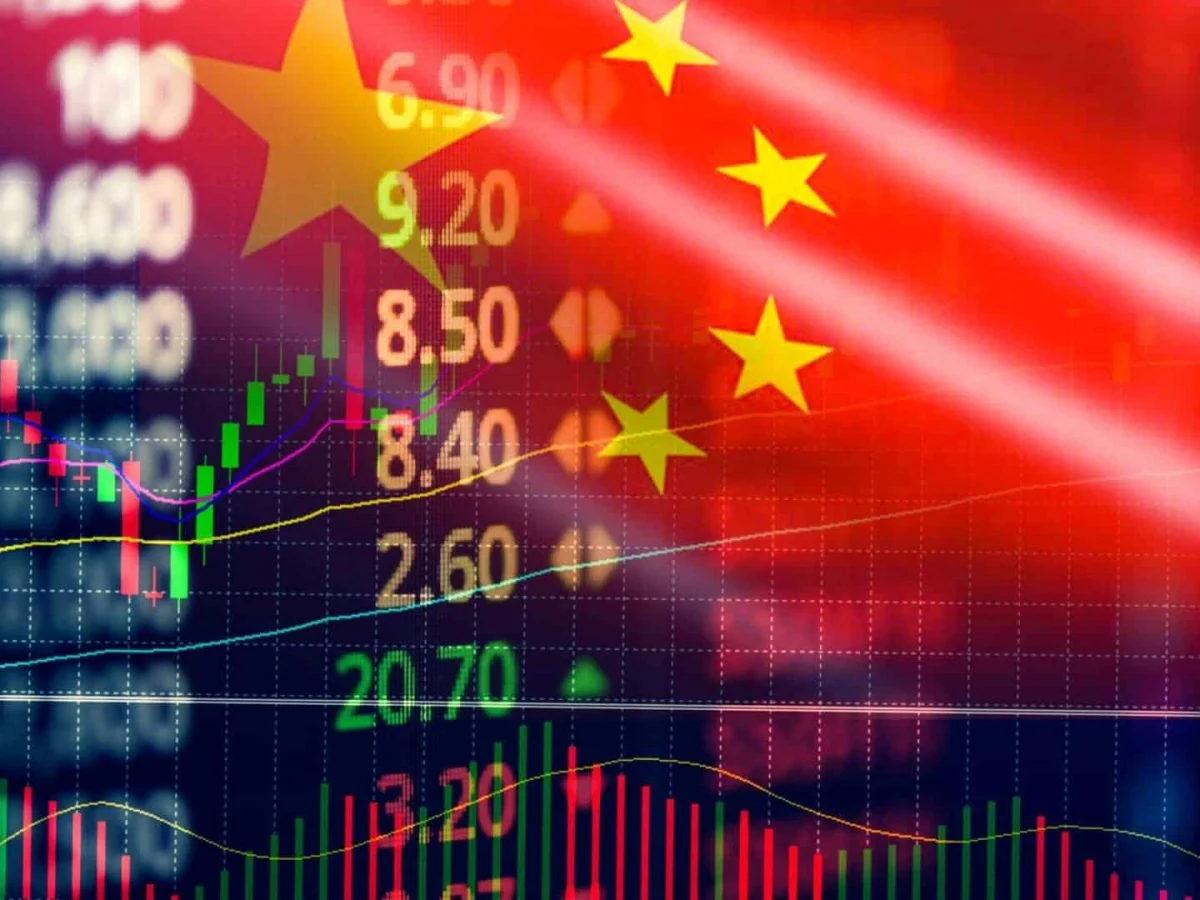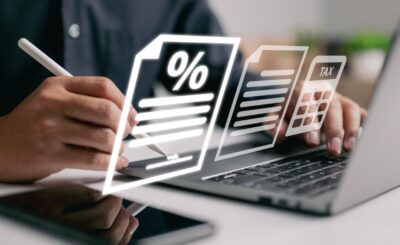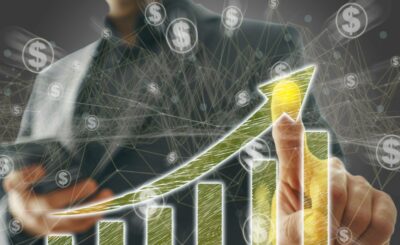The Forex market and currency prices are influenced by many factors, such as:
- Interest Rates
- Inflation
- Political, economic events, or even natural disasters
- Economic growth rates
- The supply and demand of a currency pair
The Forex Market And The Online Broker Industry
The functioning of the Forex market can be imagined as an ocean constantly changing. There is many fish in this ocean. From largest to smallest, according to your purchasing power.
There is much big fish – such as central banks, multinational companies, hedge funds, etc. And there are also medium-sized fish – private investors, that is, companies that need currency to protect themselves against exchange rate risk, also known as exchange rate hedges. And lastly, there are also the smaller fish – the online brokerages, small banks, and investors with less purchasing power.
Most of the market participants mentioned above, the “big fish,” have direct and easy access to the interbank Forex market. And this is due to their purchasing power and exceeding a certain limit of funds. This means that they can trade currencies directly with each other without resorting to intermediaries.
The smallest players – who are, in effect, the plankton of the financial ocean – who navigate this ocean, trying to survive long enough to grow, are the Forex traders – who are the private investor. A trader’s purchasing power is usually so insignificant compared to a “big fish” that he needs a Forex broker or a bank that provides a leveraged trading account and real access to the market through a trading platform.
To understand Forex and what it’s really like to trade in this market, you have to know that there is no such thing as trading on your own, as an individual, without a broker or Forex Broker.
What Is Forex Trading And How Does It Work – How To Analyze The Forex Market?
By this time, you should already have the necessary knowledge to know what Forex is and the definition of the Forex market. But what is Forex Trading, in a simple way?
Forex Trading is an activity that consists of buying and selling currencies. Trading on the Forex market is done for speculative purposes or to hedge currency risk through a trading platform. We will talk about some of them later in our article.
Analysis is not just the key to success in trading. Analysis is, in a way, trading itself. It’s the only thing that makes the Forex market work. The two main methods of analyzing financial markets are Fundamental Analysis and Technical Analysis.
Fundamental analysis is the oldest form of price forecasting, which analyzes an economy, its current state of the economic cycle, the most relevant economic events, the future prognosis, and the possible weighted impact on the market.
The fundamental analysis then focuses on national GDP and unemployment rates, interest rates and export values, war, elections, natural disasters, economic progress, and so on – See our dedicated article on the Most Important Fundamental Analysis Indicators!
Fundamental analysis requires an understanding of the international economy, deals with factors not yet considered by the Forex market, and works well for long-term investment and trading strategies.
The disadvantage of this type of analysis is the uncertainty created by several factors.
Technical analysis is a newer form of market analysis that deals with two variables: time and price. Both are strictly quantifiable, explained by the market, and are undeniable facts. This is why studying charts works better for many Forex traders than performing fundamental analysis.
When you define support and resistance lines, identify key levels, apply technical indicators, or compare candlesticks – discover how Forex trading works without examining the origins of supply and demand.
Put, fundamental analysis is like an economic detective with elements of forecasting the future, while technical analysis is the visual archeology of the relationship between price and time combined with statistics.
To practice your techniques and strategies on the Forex Market without taking any risk, we recommend using a DEMO account, where you will only use virtual investment capital.








